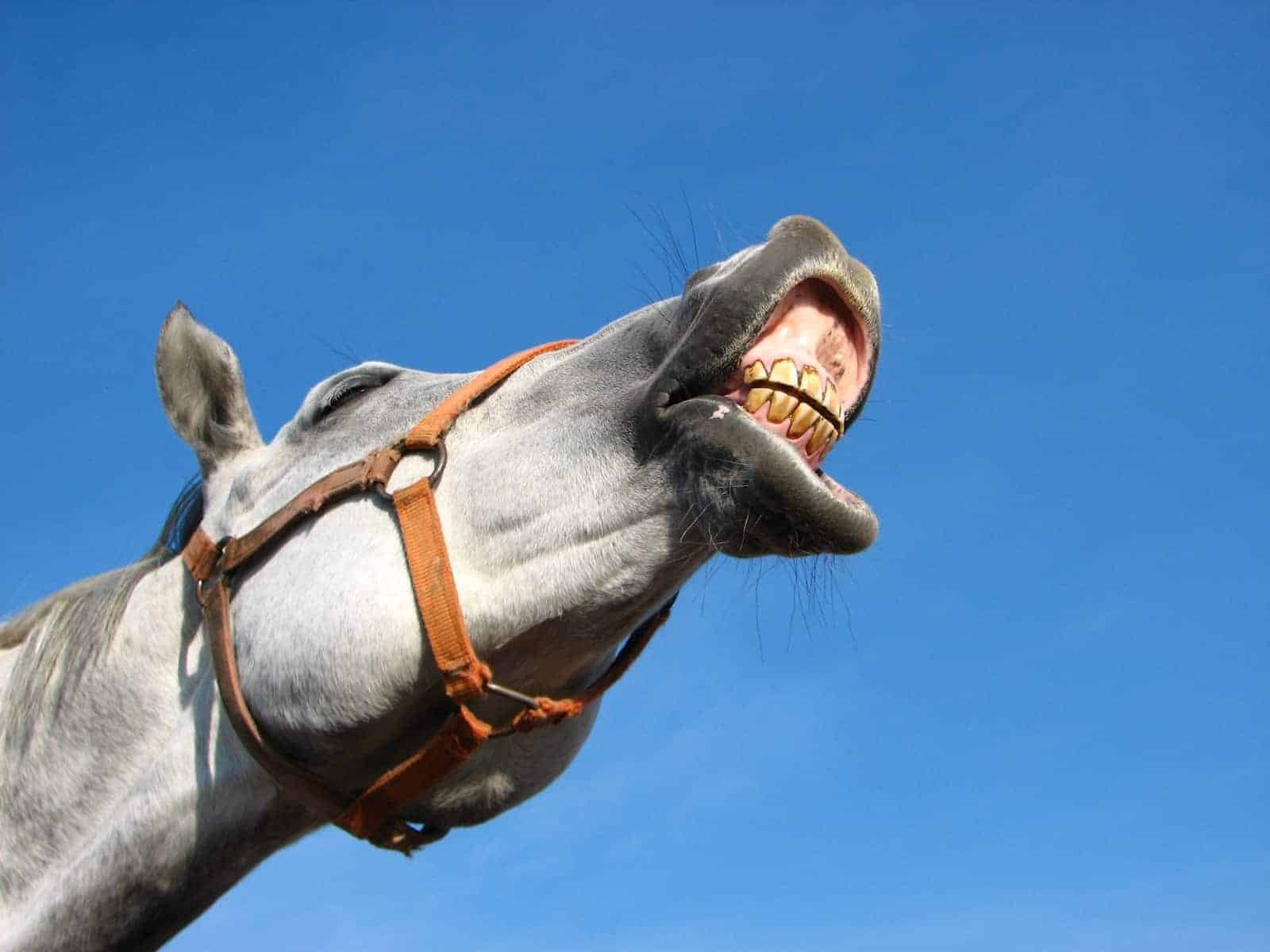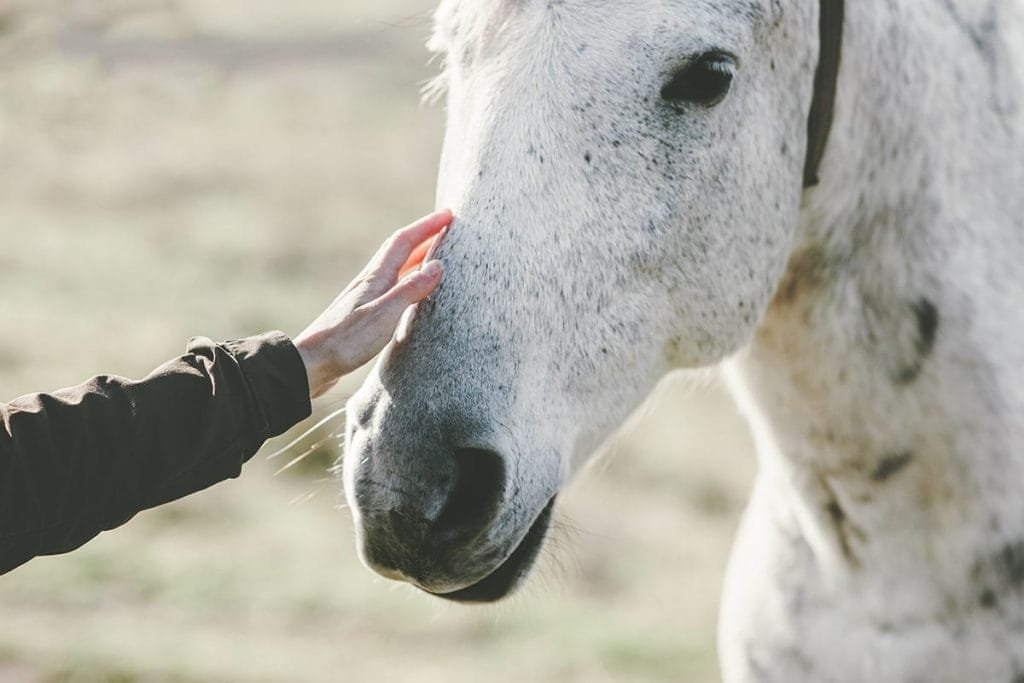Horses are incredible animals, but just like us, they can face health issues from time to time
Keeping a horse healthy involves regular care and attention. By being aware of these common problems—lameness, colic, respiratory issues, dental problems, and skin conditions—you can take steps to prevent them or get your horse the help they need if issues arise. Regular check-ups with a vet, proper grooming, and good management practices are key to maintaining your horse’s health and happiness.
1. Lameness
Lameness means a horse is sore or has trouble walking properly. This can happen for several reasons:
- Injuries: Horses can hurt their legs or hooves while running or playing.
- Arthritis: This is when the joints become swollen and painful.
- Hoof Problems: Issues like abscesses or infections in the hooves can cause lameness.
If you notice your horse is limping or favoring a leg, it’s important to have a vet examine them. Regular hoof care and proper shoeing can help prevent some lameness issues.
2. Colic
Colic refers to stomach pain in horses and can be quite serious. Causes of colic include:
- Digestive Problems: The horse’s stomach or intestines can become upset.
- Gas: Too much gas in the digestive system can cause pain.
- Blockages: Sometimes, something might block the intestines.
Colic symptoms include rolling, looking at their belly, or not eating. If you see these signs, contact a vet right away, as colic can be life-threatening.
3. Respiratory Issues
Horses can have problems with their breathing, such as:
- Heaves: Similar to asthma in humans, this condition causes coughing and difficulty breathing.
- Allergies: Dust, pollen, and other allergens can affect a horse’s breathing.
- Infections: Horses can catch colds or respiratory infections.
If your horse has a cough or seems to struggle with breathing, a vet visit is necessary. Keeping their living area clean and well-ventilated can help prevent respiratory issues.
4. Dental Problems
Horses need regular dental care to avoid issues such as:
- Sharp Points: The edges of their teeth can become sharp and uncomfortable.
- Misalignment: Sometimes a horse’s teeth don’t line up correctly.
- Decay: Cavities or infections can occur in their teeth.
Regular dental check-ups by a vet or a specialized horse dentist can help keep their teeth healthy and make eating easier.

5. Skin Conditions
Horses can develop various skin issues, including:
- Fungal Infections: These can cause itchy patches or sores.
- Parasites: Bugs like lice or mites can irritate the skin.
- Dermatitis: This is inflammation of the skin, often caused by allergies or irritants.
Regular grooming helps keep the skin healthy and can prevent some problems. If you notice sores or excessive itching, a vet can provide treatment.
6. Weight Issues
Maintaining a healthy weight is crucial for a horse’s health. Problems can include:
- Obesity: Too much weight can strain their joints and lead to other health issues.
- Underweight: Horses that are too thin might have health problems or not get enough nutrients.
Adjusting their diet and exercise routine can help manage their weight. A vet or equine nutritionist can provide advice on feeding and exercise plans.
7. Behavior Problems
Behavioral issues can sometimes indicate underlying problems, such as:
- Biting or Kicking: This could be a sign of discomfort or pain.
- Pawing or Cribbing: Horses might paw at the ground or crib (bite and pull on objects) out of boredom or stress.
Addressing behavioral issues often involves understanding the root cause, which can sometimes be medical. Regular interaction, proper training, and a stimulating environment can help.
8. Hoof Issues
Horses’ hooves need regular care to avoid problems such as:
- Cracks: These can be painful and lead to infections.
- Abscesses: Painful infections in the hoof.
- Laminitis: This is an inflammation of the tissues in the hoof, which can be very serious.
Regular trimming and proper shoeing, along with good hygiene, are key to preventing hoof issues. If you see signs of hoof problems, such as lameness or changes in hoof shape, consult a vet or farrie
Knowing about these common problems can help you keep your horse happy and healthy.




